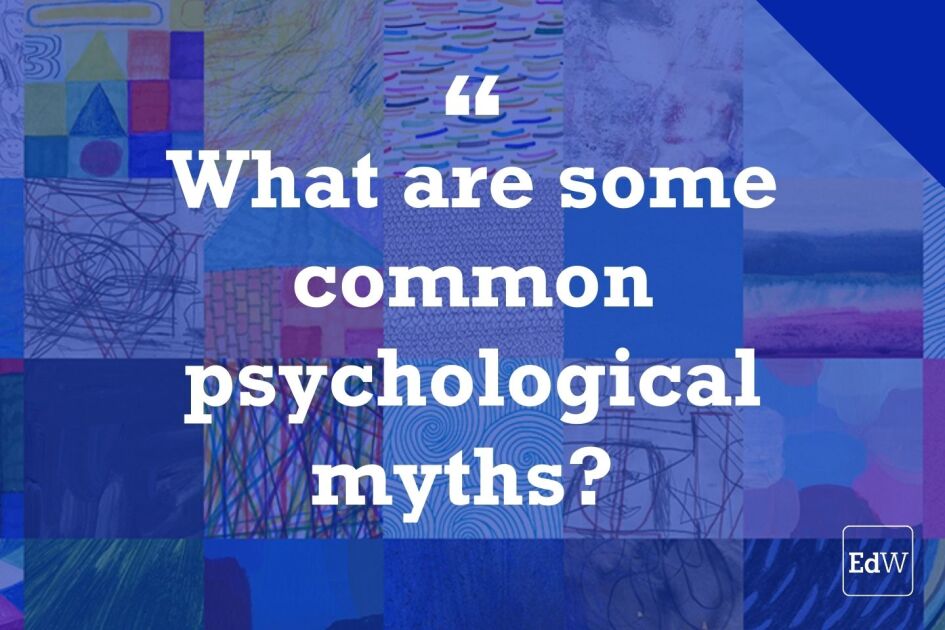Robert F. Kennedy Jr. has no place being put in charge of special education services. Last month, however, President Donald Trump announced plans to do just that by shifting federal programs supporting students with disabilities to the U.S. Department of Health and Human Services. According to Trump, the department, which Kennedy leads as secretary, will be in charge of “special needs and all of the nutrition programs and everything else.”
When I heard these words, I felt chills down my spine. I’m sure most of the autistic community and the overall neurodivergent community did as well. There is nobody that is less qualified to be in charge of special education services from the federal government than Kennedy himself.
A large chunk of autistic students in the United States receive special education services. There is substantial room for Kennedy to affect the services they receive, for better or for worse. Yesterday’s mass layoffs of thousands of Health and Human Services employees is not an encouraging sign.
Kennedy has made clear he sees autism as a pathology, and those with autism as victims of a pathology or epidemic. He once praised How to End the Autism Epidemic, a book that frames autism as an “epidemic” fueled by vaccines. In his blurb for the book, Kennedy wrote that the author had “lifted the curtain of lies behind which the autism epidemic has sprouted.” In 2023, he told an interviewer, “I do believe that autism comes from vaccines.”
Kennedy has by no means abandoned his view that autism is a pathology. During his confirmation hearing, he referenced a flawed study to argue that the science was still mixed over whether vaccines cause autism. In fact, rigorous research has repeatedly found no association between vaccines and autism.
It’s extremely difficult to imagine someone who believes I have a pathology can deliver special education services in good faith. Language that implies autism is a dangerous epidemic frames autism in terms of deficits instead of strengths. I would prefer not to have a man who sees me as someone who needs “fixing” in charge of services that my community relies on.
Special education services, while not perfect, have helped move the needle in favor of many people with disabilities in this country. In my own K-12 education, these services allowed me to receive tutoring and assistive technology. I was also able to get accommodations when taking exams. Those accommodations made the curriculum more accessible for me.
My sister, who is also autistic and is now attending a neurodiversity-affirming school, also benefited from special education services. She was able to get assistive technology that made learning substantially easier for her.
Special education can definitely be fine-tuned, but that won’t happen under Kennedy’s control.
It’s not even clear that Trump’s plan to reassign special education programming is legal without congressional approval. Derek Black, a law professor at the University of South Carolina who specializes in constitutional law and public education, called the proposed transition that Kennedy be charged with overseeing special education as “an egregious flouting of Congress’ authority and the rule of law.”
To me, the timing of this decision seems like performative cruelty. We are now in Autism Acceptance Month, a month dedicated to not just spreading awareness of autism but also accepting autistic individuals.
Since I was first diagnosed as a child, I’ve seen a significant increase in the number of autistic students going to college and the number of autistic individuals finding employment. In many conferences and symposiums about neurodiversity, I now see autistic individuals being included as speakers. In my lifetime, I have seen the passage of the federal Autism CARES Act, a landmark law responsible for helping autistic individuals by funding autism research and diagnostic tests.
It brings me great joy to see the progress we’ve made with autism acceptance, but we still have much work to do. Kennedy is the antithesis of autism acceptance.
Special education students have gone through much worse. I expect we’ll survive this, but we deserve better.








